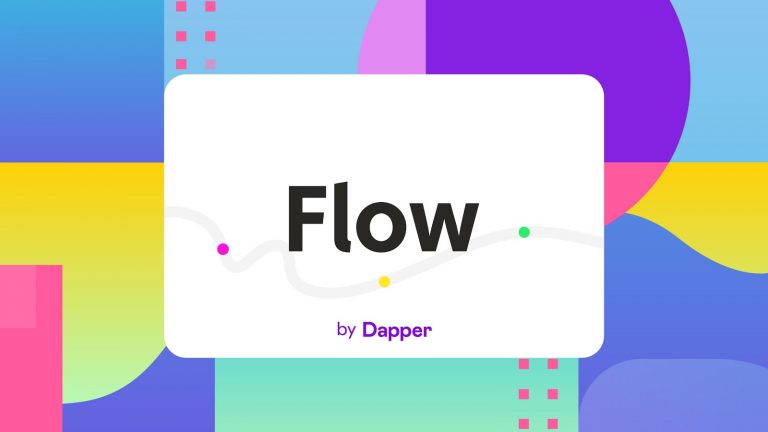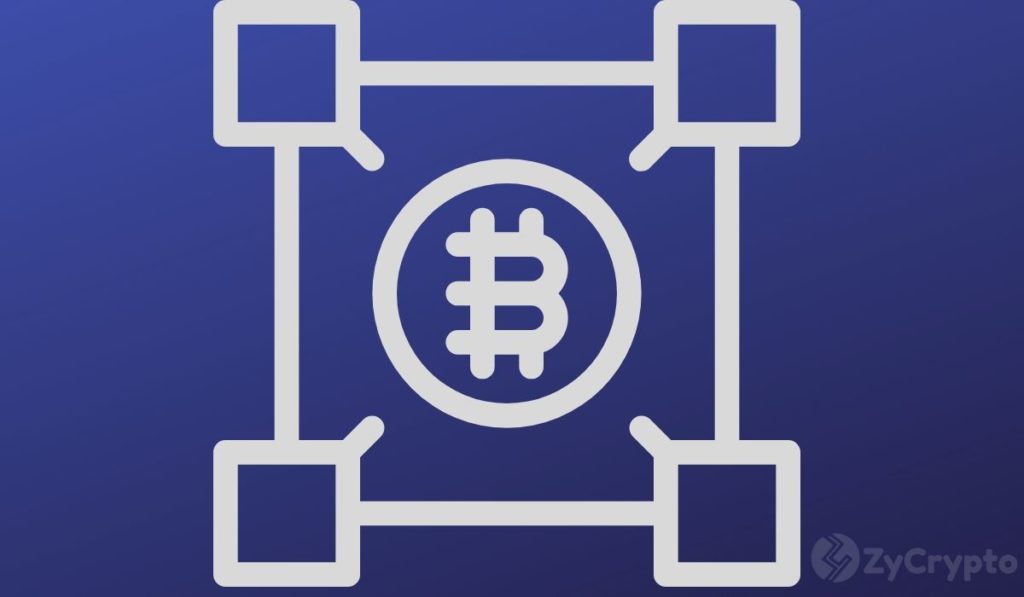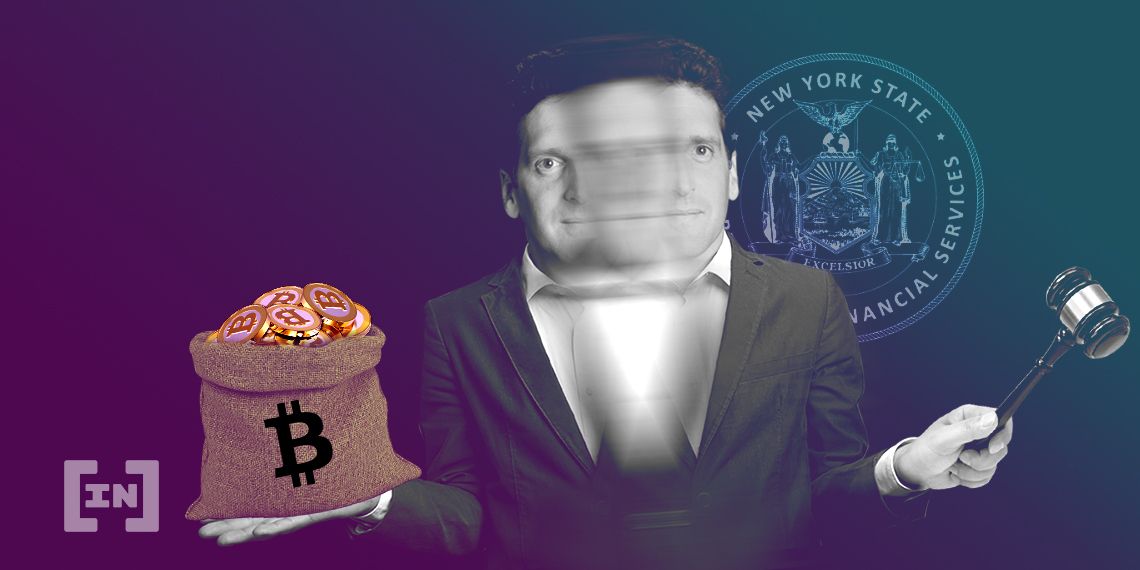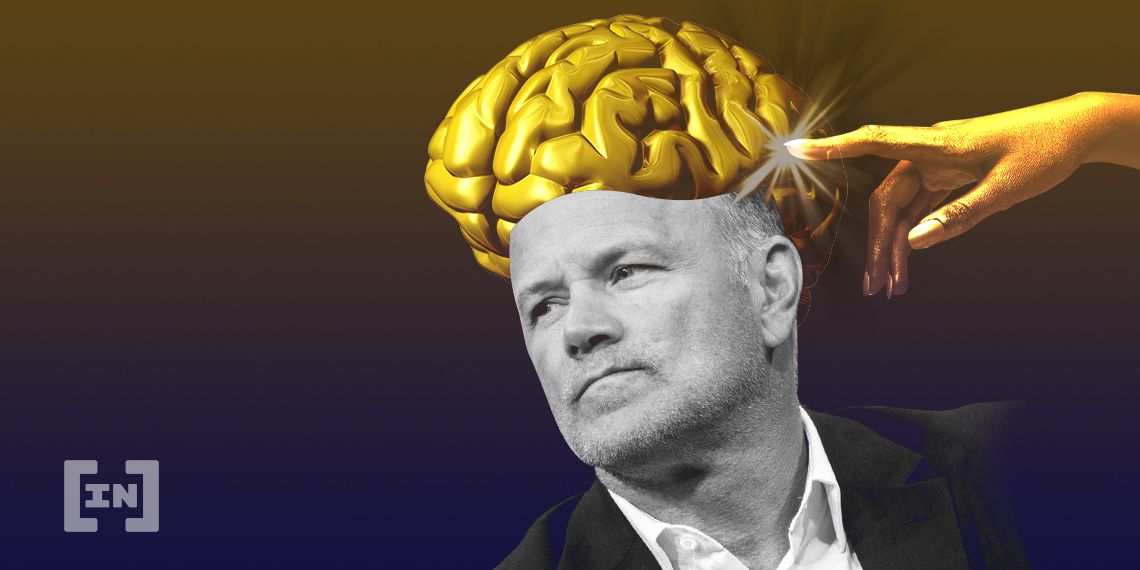2020-11-25 22:43 |
The research paper titled, “Monetizing Privacy,” by Rodney Garratt Professor of Economics at the University of California, Santa Barbara (UCSB) and Michael Lee, an economist at Federal Reserve Banks – Federal Reserve Bank of New York, states that central bank digital currency (CBDCs) will outperform the private company-based stablecoins such as Libra in protecting the privacy of user payment transaction data.
According to the research, the big tech firms are susceptible to selling users' payment data to firms searching for an extra buck to boost their profits. It further states that a digital currency offered by these big tech firms such as Libra, led by Facebook and VISA’s digital currency, could lead to troubling cases of data privacy.
A follow-up post on the NY Fed blog by Lee and Garratt states some of these companies could become monopolies as more users join their platform and give them their data. Transactions using digital currencies will enable big tech firms with a competitive advantage to stack up on transaction data, further killing competition across the market. The post reads,
“This gap in product quality enables the [monopoly] firm to set discriminatory prices between payment types, taking into account the profit-maximizing quantity of data it would like to extract from consumers.”
“As a consequence, consumers obtain only a small share of the surplus generated from their data.”
The paper further states that public digital cash such as Bitcoin (BTC) could mitigate data monopoly by big tech firms. However, volatility in prices, fluctuating blockchain fees, and the rising costs of energy by BTC mining raise adoption issues.
A case for central bank digital currenciesThe financial payment system is turning digital as the world battles with social distancing due to the global Corona Virus pandemic. With private big tech–owned digital currencies failing in offering users privacy on their transaction data, the research paper focused on government-issued CBDCs as the solution to privacy concerns.
The paper further states that a CBDC could also function as a measure against big tech data monopolies. CBDCs, however, not only offer increased privacy to users but also reduces the overall cost of fees and are environmentally friendly. The post reads,
“Nevertheless, the possibility that a privacy-preserving digital payment method may improve consumer welfare represents a relevant consideration for central banks to take into account.”
Regulators and authorities are urged to create policies around the privacy-enabled digital cash to ensure users are protected. Moreover, Garratt and Lee further claim that the privacy digital currency's design should ensure that “the ability for consumers to purchase products without revealing their private data to vendors” is factored during development.
‘CBDCs not the answer to all privacy problems’Despite the benefits CBDCs offer over big tech-built digital currencies, the paper notes that they also pose their own challenges in transactions. A “reliable and robust system” must be built to ensure that the privacy-preserving platform is secure at all times.
Notwithstanding, looking at “the commitment to privacy, regulators and lawmakers would have to rethink how to adapt current anti-money laundering practices.” Finally, a privacy-enabled CBDC could also affect the banking industry and financial systems, the report noted.
The post CBDC’s Offer Better Privacy Propositions Than Big Tech Digital Currencies: New York Fed first appeared on BitcoinExchangeGuide. origin »Bitcoin price in Telegram @btc_price_every_hour
Time New Bank (TNB) на Currencies.ru
|
|






















